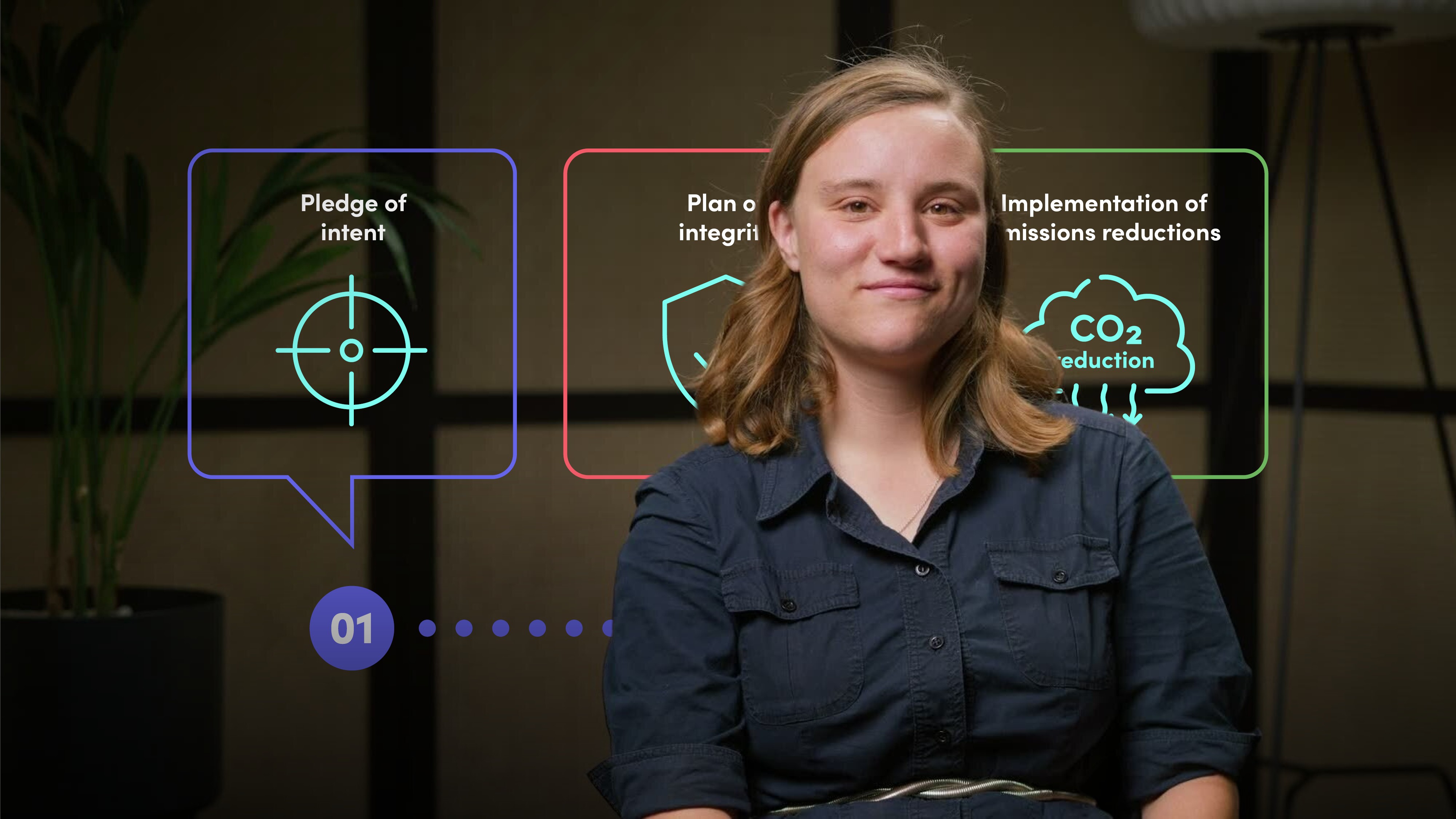
Current Status of Net Zero Targets

Camilla Hyslop
13 years: Sustainability and Net Zero
In this video, Camilla breaks down the key findings from the Net Zero Tracker's Net Zero Stocktake report, evaluating global progress towards climate commitments. Explore the positive strides in corporate and national net zero targets, but also discover the areas needing improvement, particularly in the lack of concrete plans and transparency.
In this video, Camilla breaks down the key findings from the Net Zero Tracker's Net Zero Stocktake report, evaluating global progress towards climate commitments. Explore the positive strides in corporate and national net zero targets, but also discover the areas needing improvement, particularly in the lack of concrete plans and transparency.
Subscribe to watch
Access this and all of the content on our platform by signing up for a 7-day free trial.

Current Status of Net Zero Targets
5 mins 41 secs
Key learning objectives:
Understand the purpose of the Net Zero Tracker’s Net Zero Stocktake report
Outline the progress that has been made towards net zero targets
Understand where improvements are still required when it comes to net zero targets
Outline which sector is still contributing to climate destruction
Overview:
The Net Zero Stocktake report evaluates global climate commitments, highlighting advancements and lapses in net zero targets among nations, regions, and major corporations. The findings outline the increasing adoption of net zero goals, with almost half of the Forbes Global 2000 companies committing to such targets and a surge in national policies since 2021. Despite this progress, many entities lack concrete strategies to meet their pledges, with scant evidence of improvement in integrity measures. Alarmingly, fossil fuel companies, despite setting numerous net zero targets, exhibit considerable credibility gaps, particularly in Scope 3 emissions coverage. The report underscores the necessity for consistent progress from ambition to actionable strategies to combat climate change effectively.
Subscribe to watch
Access this and all of the content on our platform by signing up for a 7-day free trial.
Subscribe to watch
Access this and all of the content on our platform by signing up for a 7-day free trial.

Camilla Hyslop
There are no available Videos from "Camilla Hyslop"





























